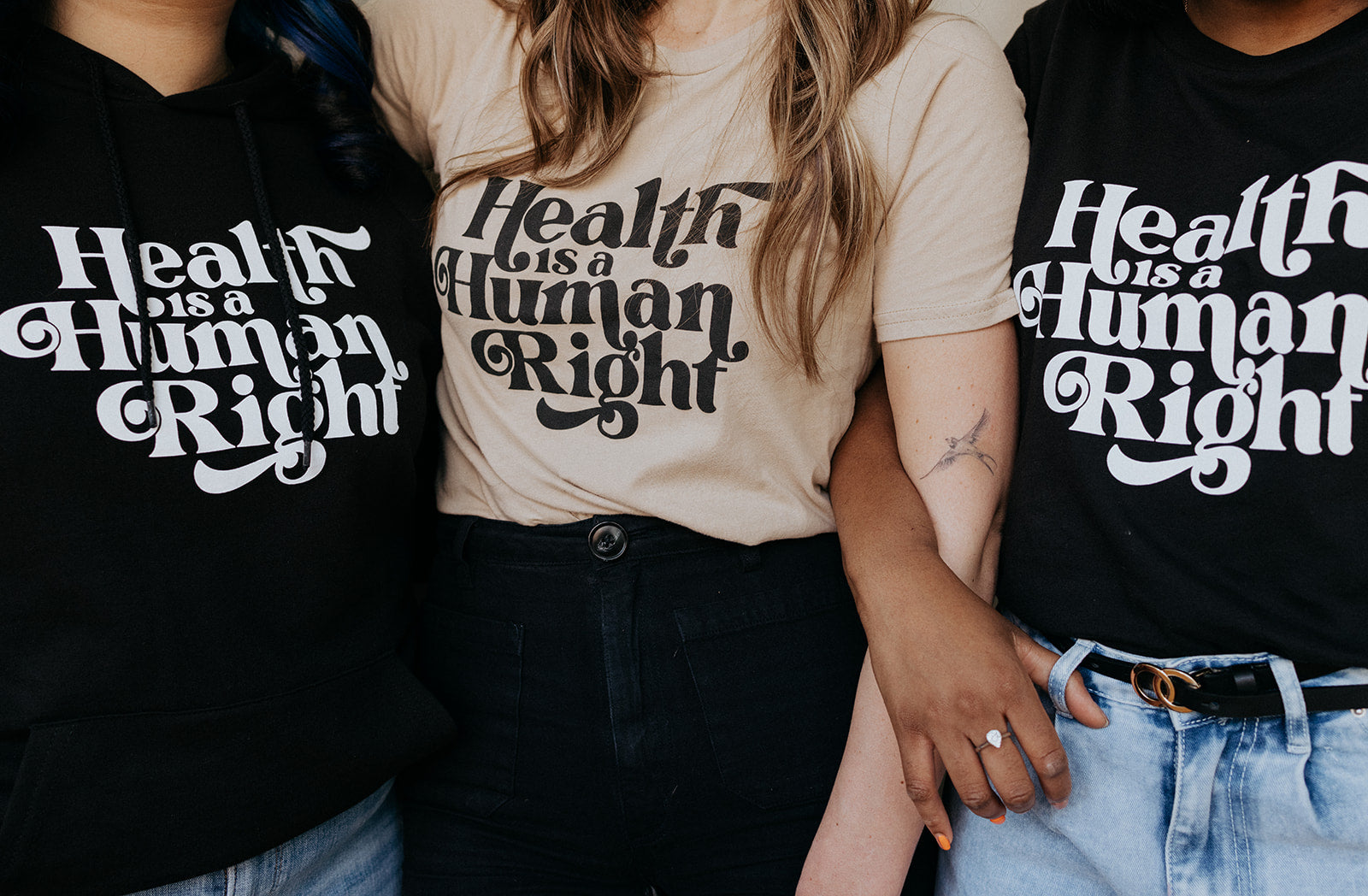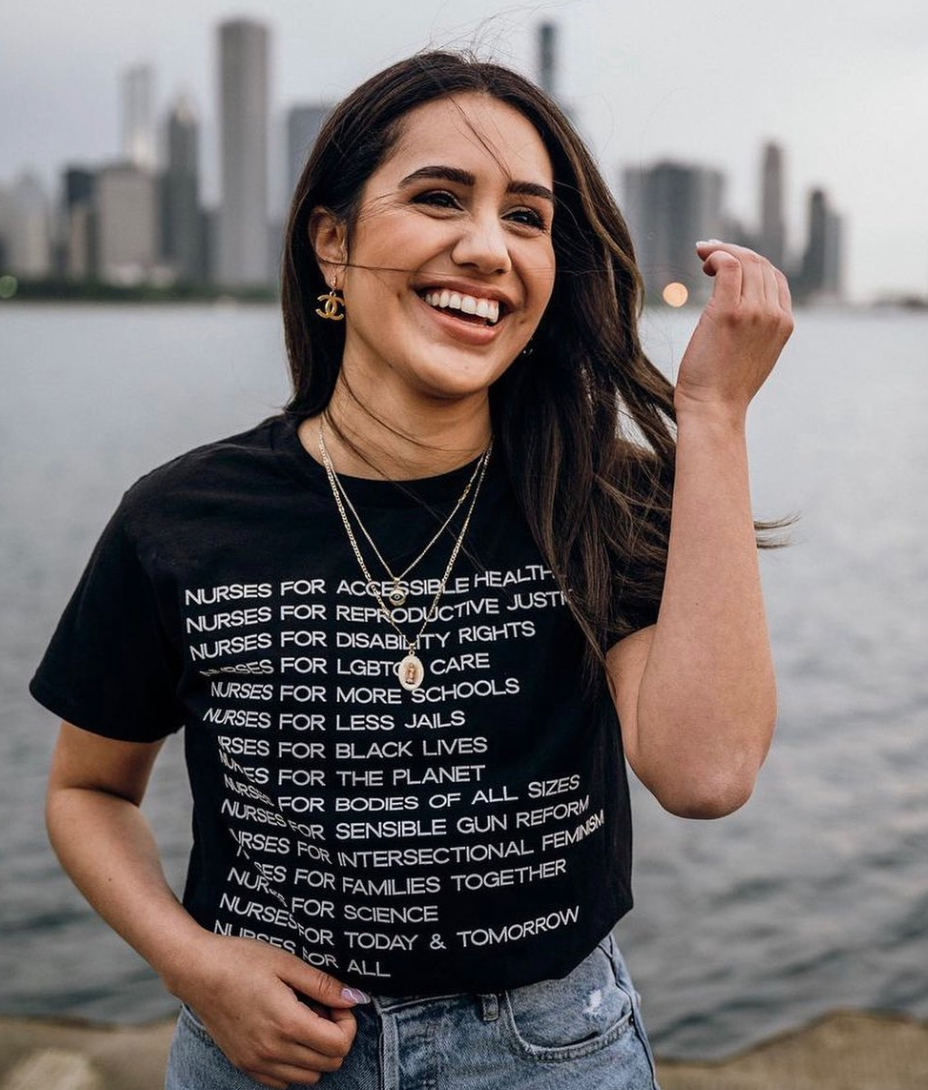Health is a Human Right & T-Shirt Donations
February 27, 2021

Health is a Human Right.
A five-word sentence that brings centuries worth of controversy and debate.
Health is a Human Right, meaning all people - no matter the race, gender, social status, religion, political belief, disability, sexual preference or migration status should have access to the healthcare they need, when they need it.
Right?
If you take care of patients for a living, most likely your thoughts on this are, well...yes. Of course health should be a human right. No one deserves to suffer from illness or die because they cannot afford healthcare. Period, end of sentence.
Unfortunately, this statement is not as simple as it seems. Critics are quick to welcome a heated debate. "Healthcare is hard to define", they will say.
How much healthcare is considered to be a right?
Does everyone have the right to 'expensive healthcare'? As in cosmetic procedures or infertility treatments?
Where do you draw the line?
Who’s resources satisfy this?
Who is responsible?
They say this is an unrealistic notion, that we would be better off with a more humble approach. The critics have a point.
It’s true. “Health is a Human Right” takes on major ethical, economic, and political complexities. We know health is more than just preventing disease. It is more than ensuring access. It means protecting many other fundamental rights:
The right to safe drinking water.
The right to housing.
Education and health education.
Safe work environments.
The right to nutritious food.
The right to control your own body.
The right to reproductive freedom.
But if we as healthcare professionals do not fight for this notion, for health equity for all, then who will?
It has been over 70 years since the World Health Organization (WHO), declared “the enjoyment of the highest attainable standard of health is one of the fundamental rights of every human being without distinction of race, religion, political belief, economic or social condition”. But, we have to pause and ask, how far have we really come?
if we as healthcare professionals do not fight for this notion, for health equity for all, then who will?
In this country and around the world, people are marginalized, discriminated against and face stigma that threatens their health and safety. Centuries worth of structural and racial violence, leading to poverty and an inequitable health system kills Americans every single day.
No matter how overwhelming our current healthcare conditions are or how idealistic this statement sounds, we cannot stop advocating for healthcare systems that support all people. Those especially in healthcare must work together to combat the inequalities and discrimination that are quite literally determining life and death.
The human right to health is too important of a right to surrender.
-Jackie Darling, RN MSN

*Riot Healers is happy to donate 10% of proceeds of the "Health is a Human Right" collection to Thresholds Chicago. By breaking cycles of poverty and unemployment, Thresholds fights to transform the lives of people living with mental illnesses and substance use disorders.
World Health Organization on Human Rights to Health
The Lancet, Why and How Health is a Human RightLeave a comment
Also in News
WHO WE ARE
For advocates inside the hospital and out.
Riot Healers celebrates the strength and voices of healthcare professionals, healthcare students and all healers changing the world.
QUICK LINKS
Customer Care
News & Updates
Sign up for the latest & greatest here
© 2025 Riot Healers.




